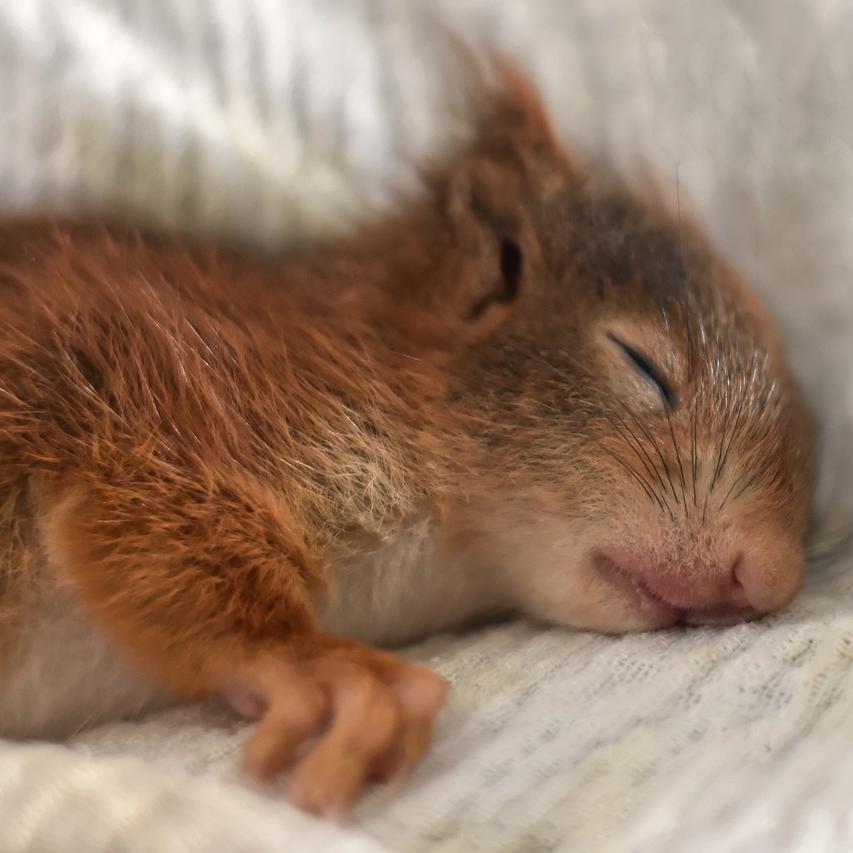How to Fall Asleep Faster: Tips and Techniques
Getting a good night’s sleep is crucial for maintaining overall health and well-being. However, for many people, falling asleep quickly can sometimes feel like an unattainable goal. Whether you’re dealing with stress, anxiety, or simply a disturbed sleep schedule, there are several techniques you can use to help ease your mind and body into slumber. Here’s a comprehensive guide on how to fall asleep faster.
1. Create a Consistent Sleep Schedule
Establishing a regular sleep pattern is essential for regulating your body’s internal clock. Try to go to bed and wake up at the same time every day, even on weekends. This consistency helps signal to your body when it’s time to wind down and eventually makes it easier to fall asleep quickly.
2. Optimize Your Sleep Environment
Your sleeping environment plays a significant role in how fast you can fall asleep. Consider the following enhancements:
- Temperature: Keep your bedroom cool, ideally between 60-67 degrees Fahrenheit, as cooler environments are more conducive to sleep.
- Darkness: Use blackout curtains or an eye mask to eliminate light, which can interfere with melatonin production, the hormone that governs sleep.
- Noise Control: Use earplugs, a fan, or a white noise machine to drown out disruptions. If total silence is preferred, ensure that any potential disturbances are minimized.
3. Wind Down With a Relaxing Routine
Establishing a pre-sleep routine helps signal to your body that it’s time to relax and prepare for rest. Consider these relaxation techniques:
- Reading: Choose a book that interests you but isn’t overly stimulating.
- Warm Bath or Shower: This can lower your body temperature afterward, mimicking the natural drop that occurs before sleep.
- Meditation and Deep Breathing: Practice mindfulness or deep breathing exercises to calm the mind.
4. Limit Screen Time Before Bed
Exposure to blue light from screens can interfere with your ability to fall asleep. Try to avoid screens at least an hour before bed. Instead, engage in activities that promote relaxation, such as reading a physical book, listening to soothing music, or journaling.
5. Watch Your Diet and Caffeine Intake
What you consume in the hours leading up to bedtime can significantly impact your sleep quality:
- Caffeine and Nicotine: Both are stimulants that can keep you awake. Try to avoid them six hours before bedtime.
- Heavy Meals and Alcohol: Consume these in moderation and not right before bed to prevent disruptions.
- Sleep-Promoting Snacks: Consider a light snack like a banana or a warm glass of milk to help induce sleep.
6. Exercise Regularly
Regular physical activity can promote faster and deeper sleep, but timing is key. Aim to complete workouts a few hours before bed to allow your body to cool down and relax.
7. Manage Stress and Anxiety
Stress and anxiety are common culprits of poor sleep. Develop coping mechanisms such as journaling, talking to a friend, or using mental health apps to manage these feelings constructively.
8. Try Sleep-Inducing Techniques
Several methods are specifically designed to help you fall asleep faster:
- The 4-7-8 Breathing Technique: Inhale for four seconds, hold for seven, and exhale for eight. This can help reduce tension and promote relaxation.
- Progressive Muscle Relaxation: Gradually tense and then relax each muscle group in the body, starting from the toes and working up to the head.
Conclusion
The struggle to fall asleep faster is a common experience, but with the right strategies, you can significantly improve your ability to drift off quickly. Consider experimenting with these tips to find what works best for you, and make sleep health a priority in your daily routine. Restful nights await!






















